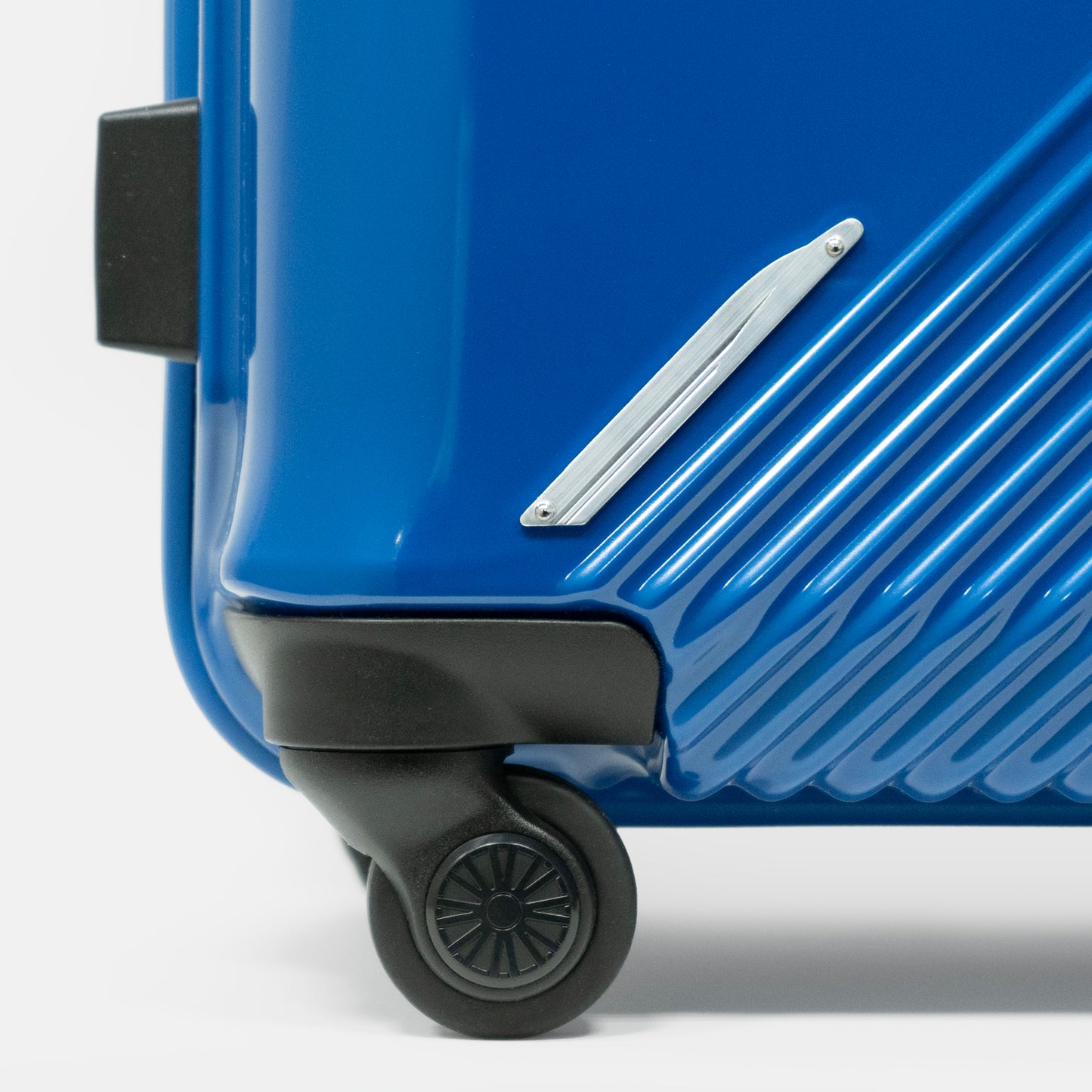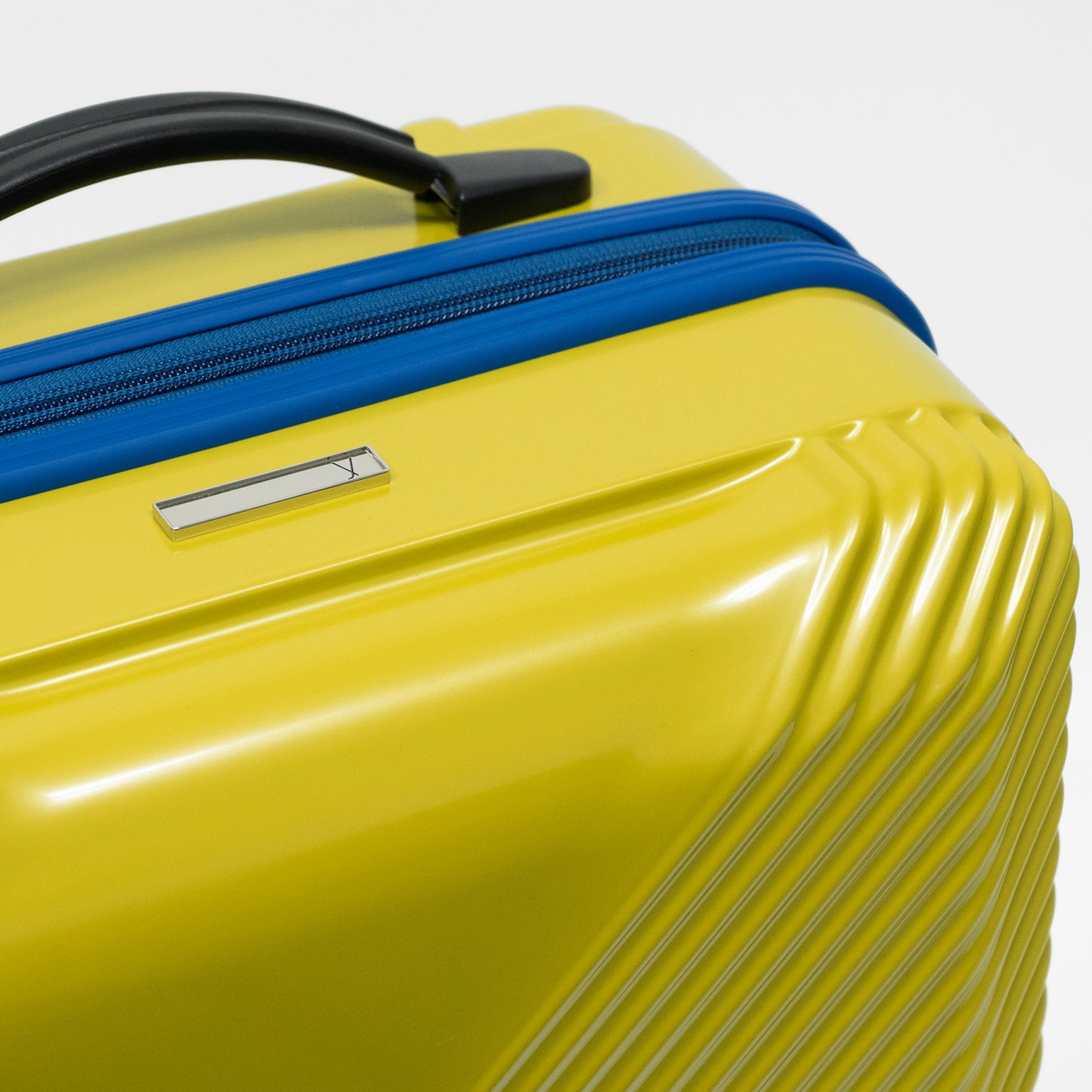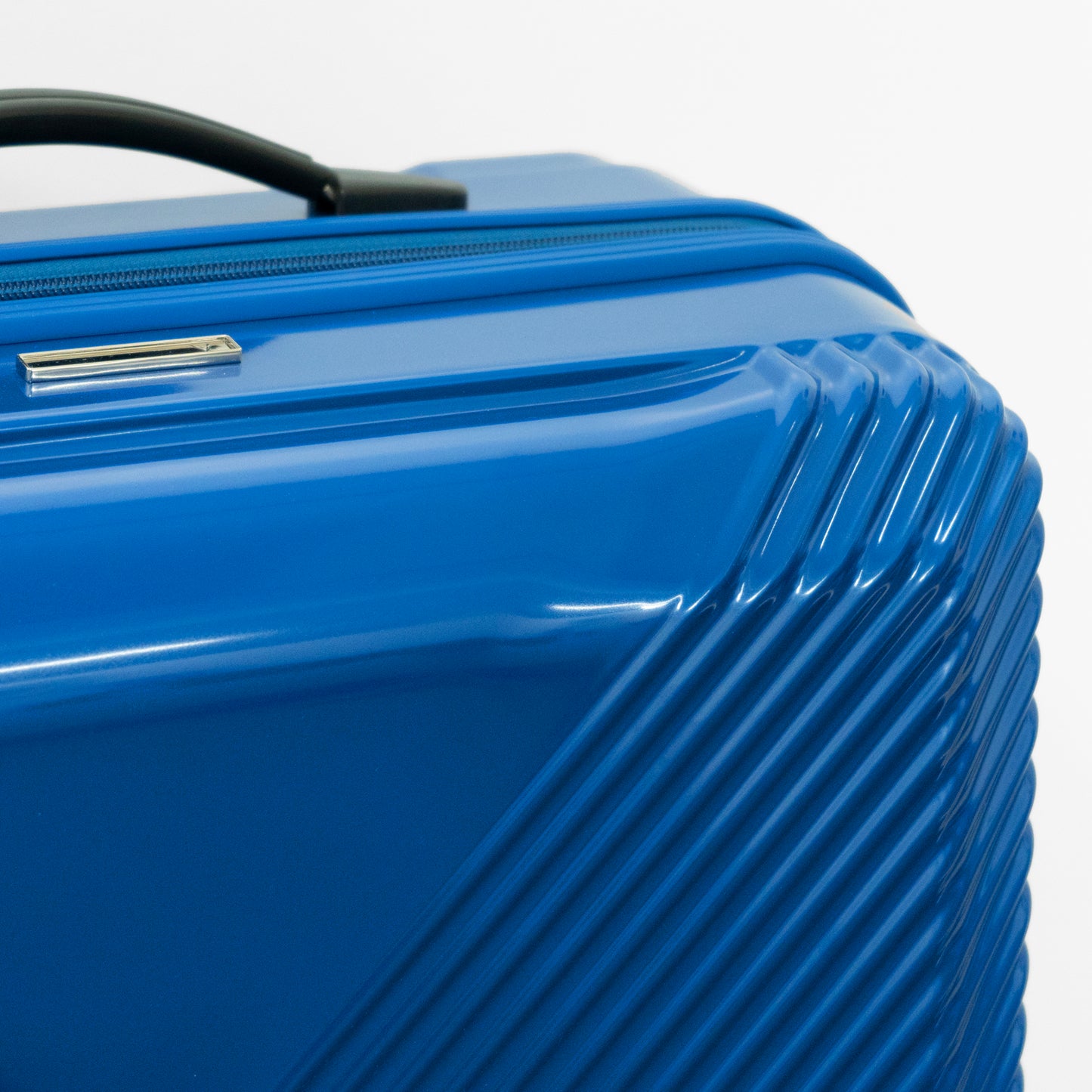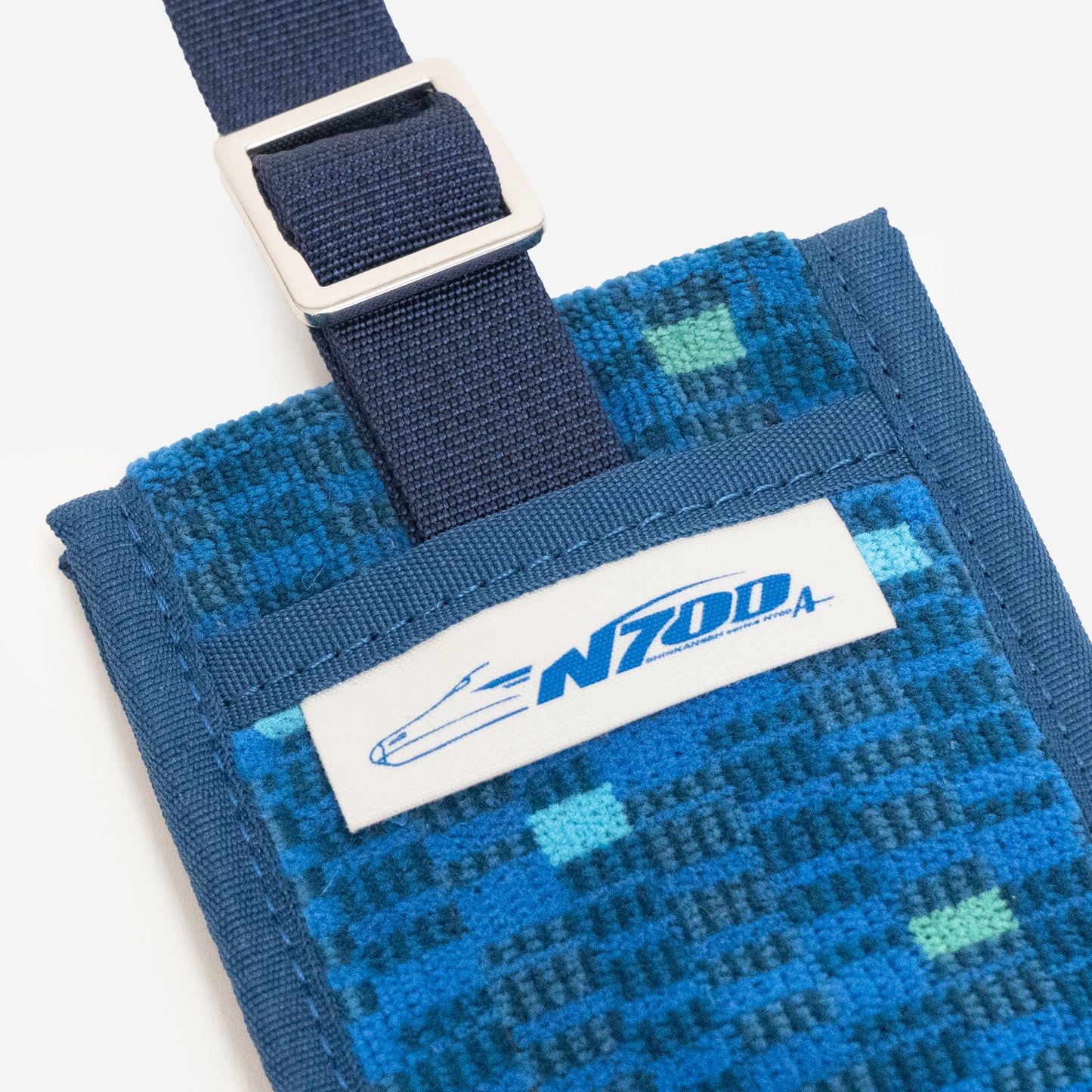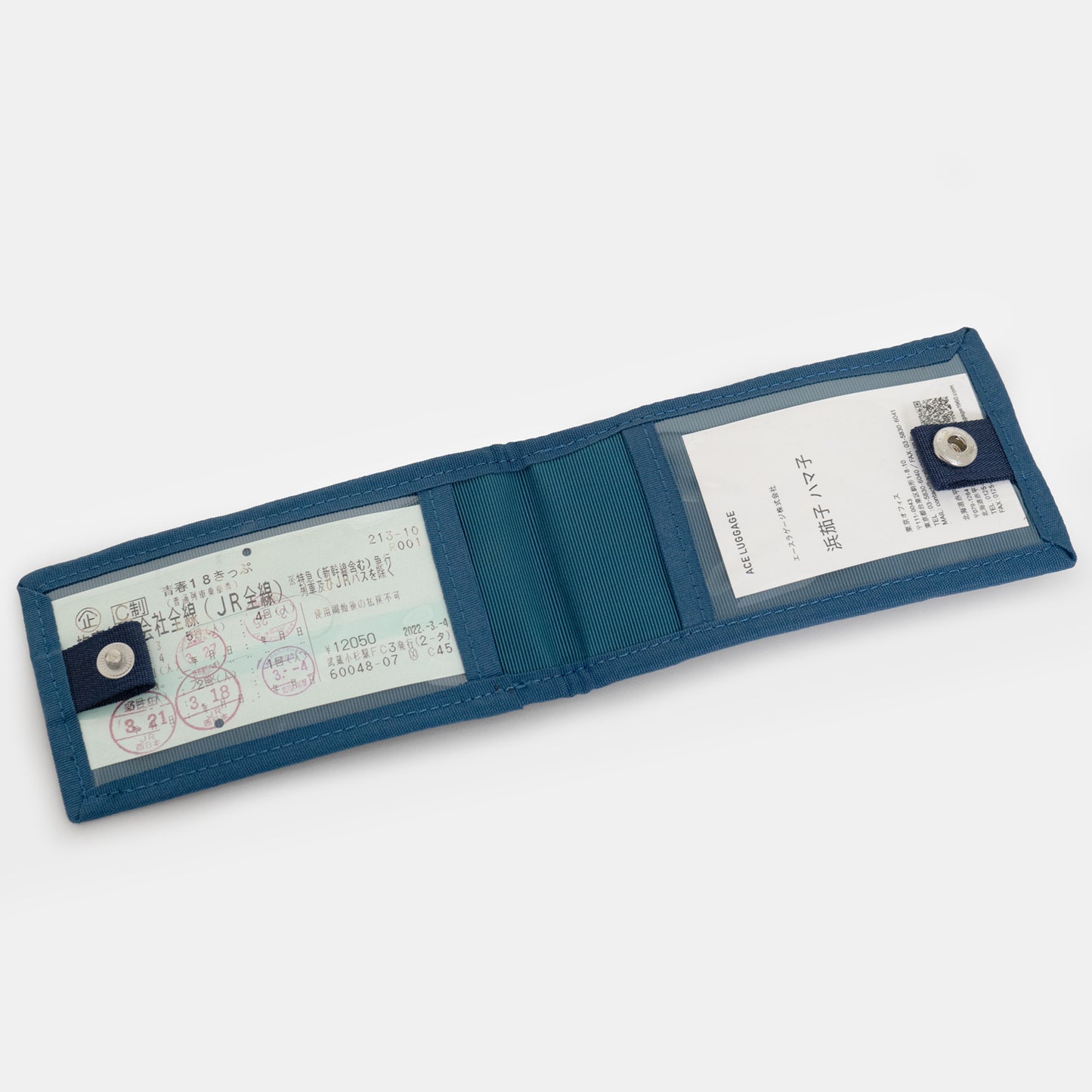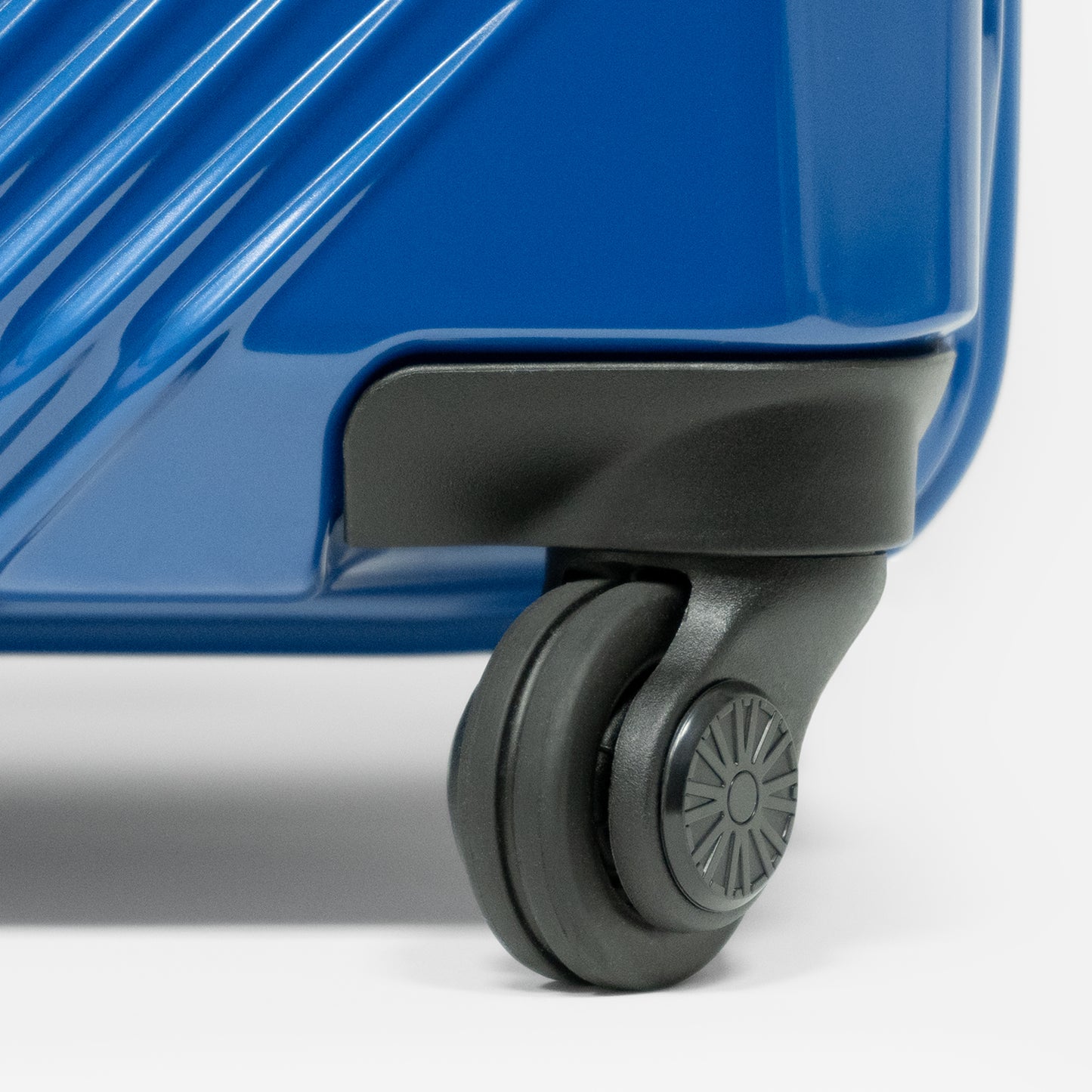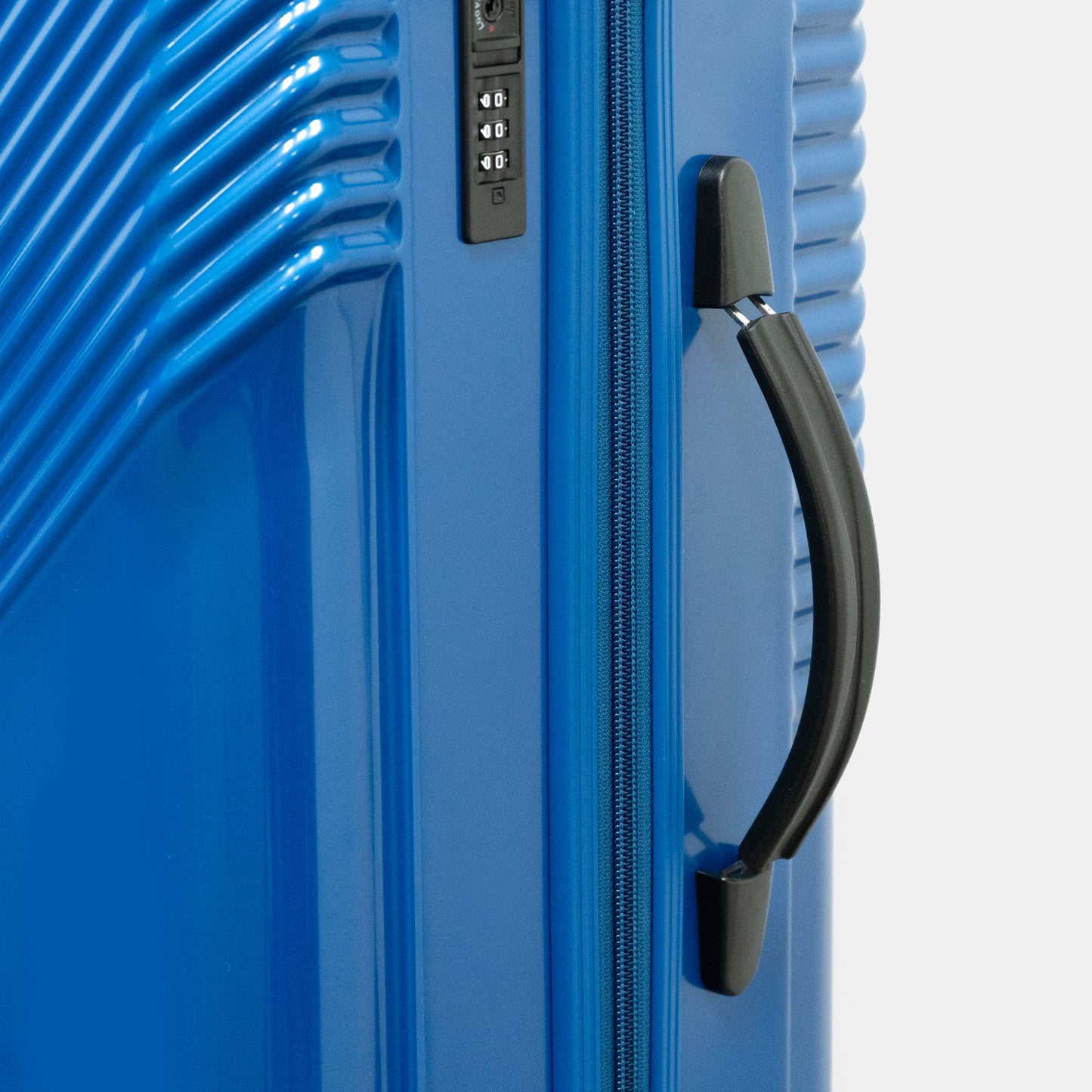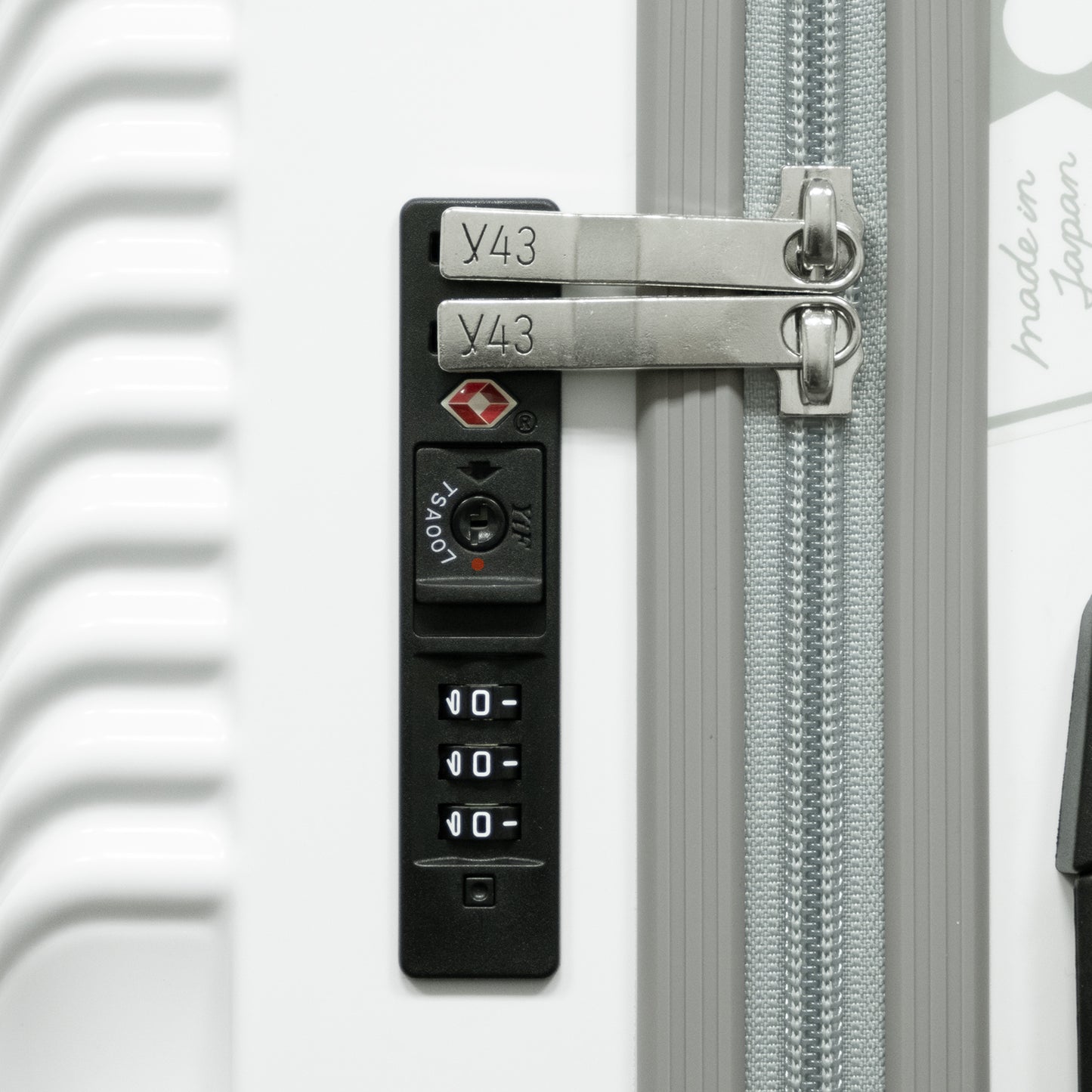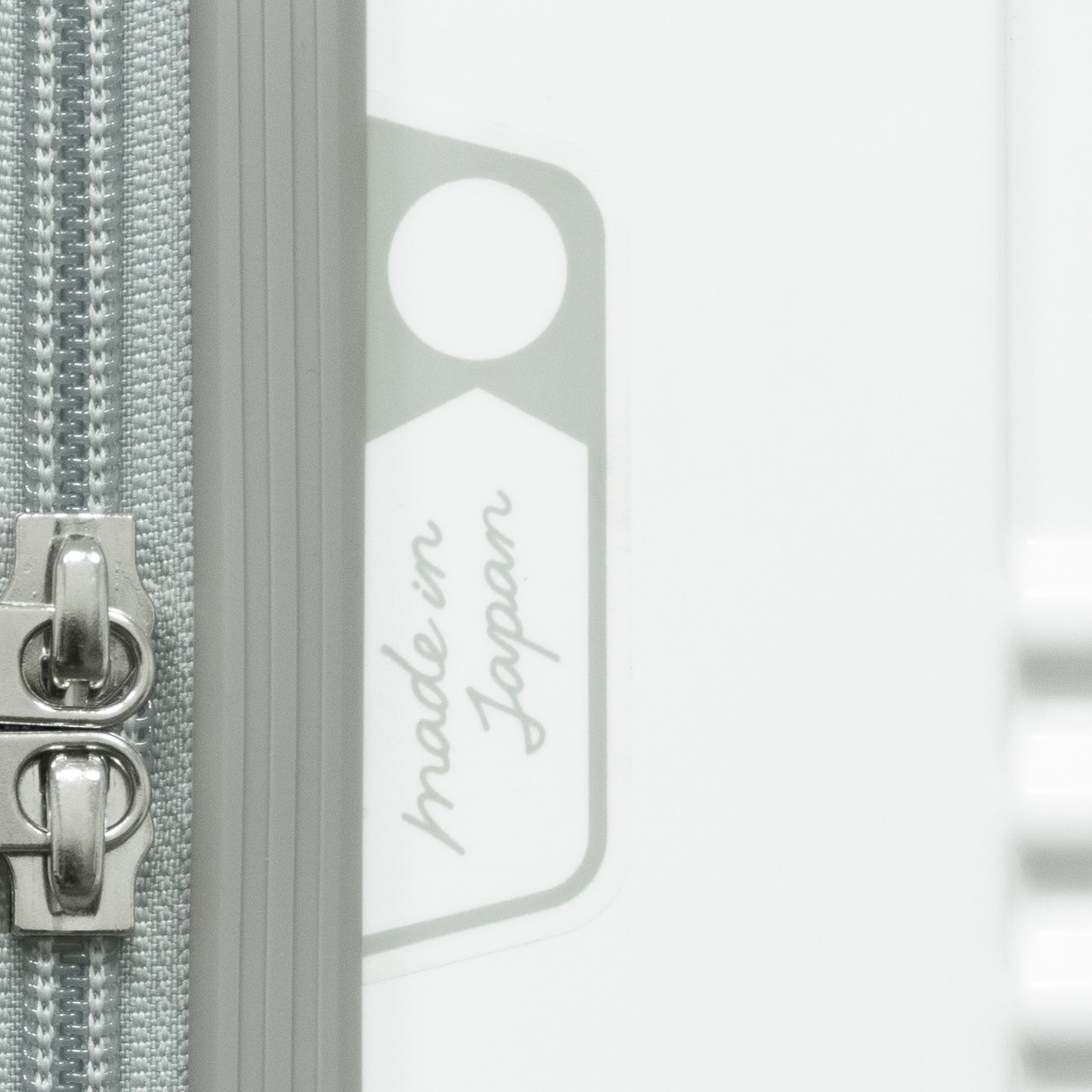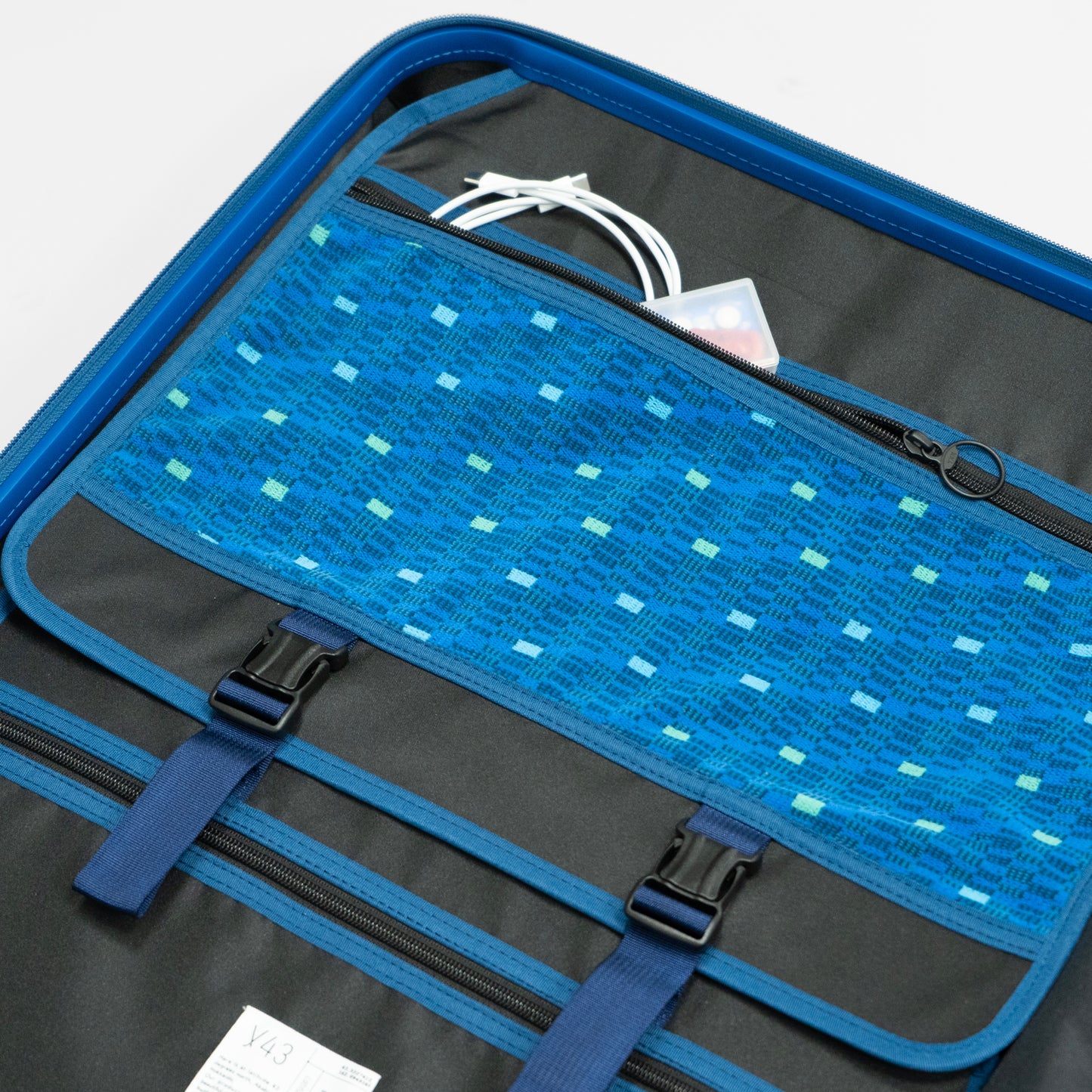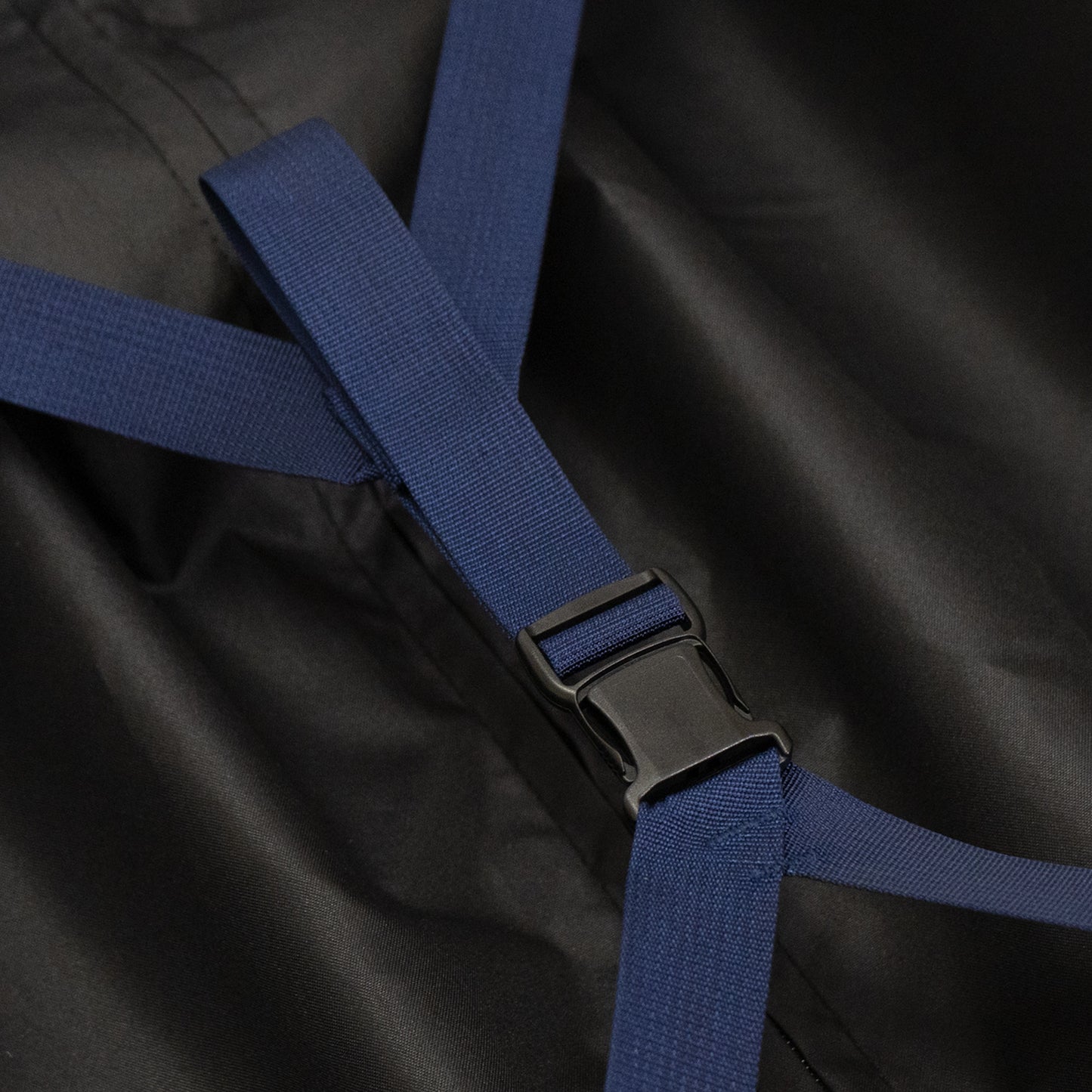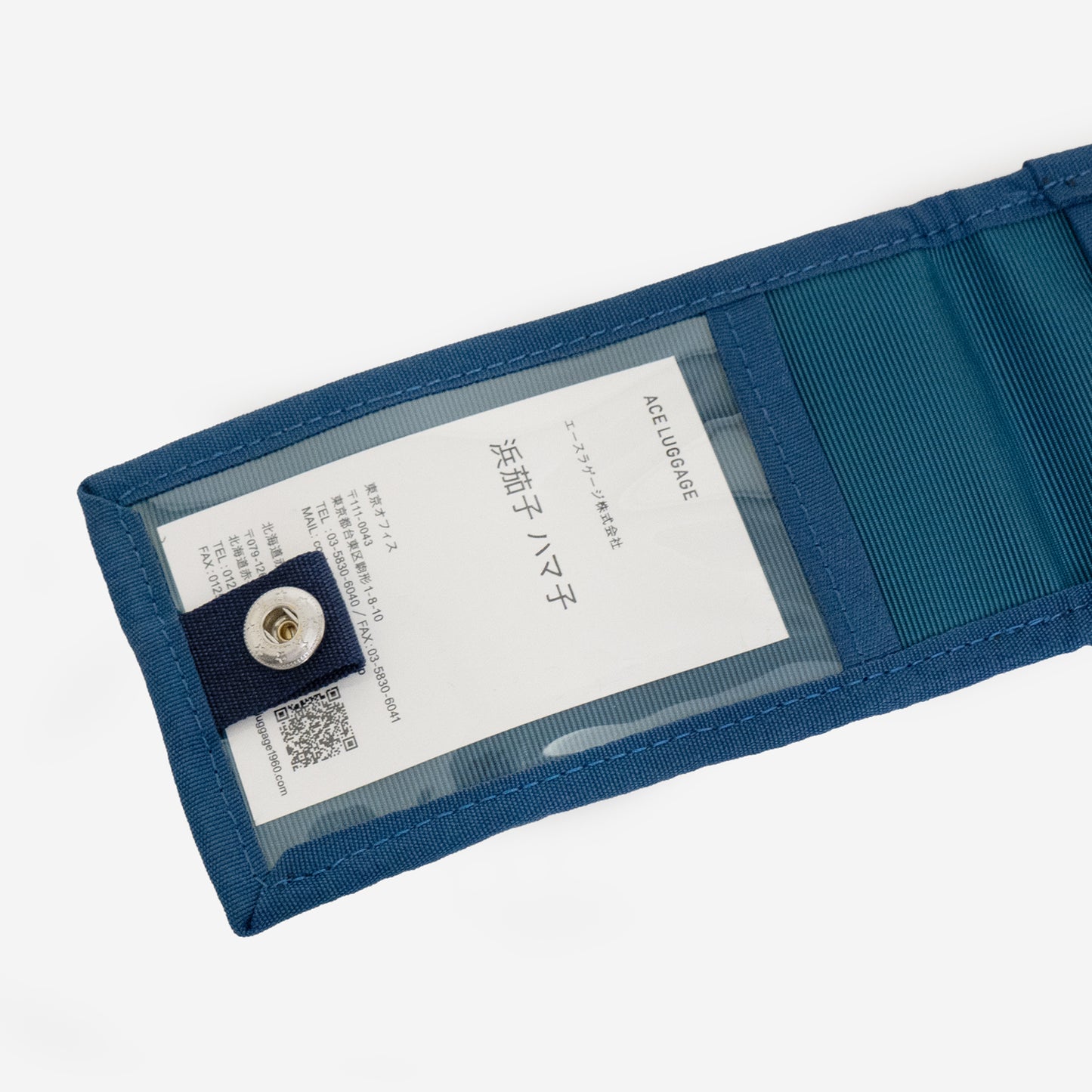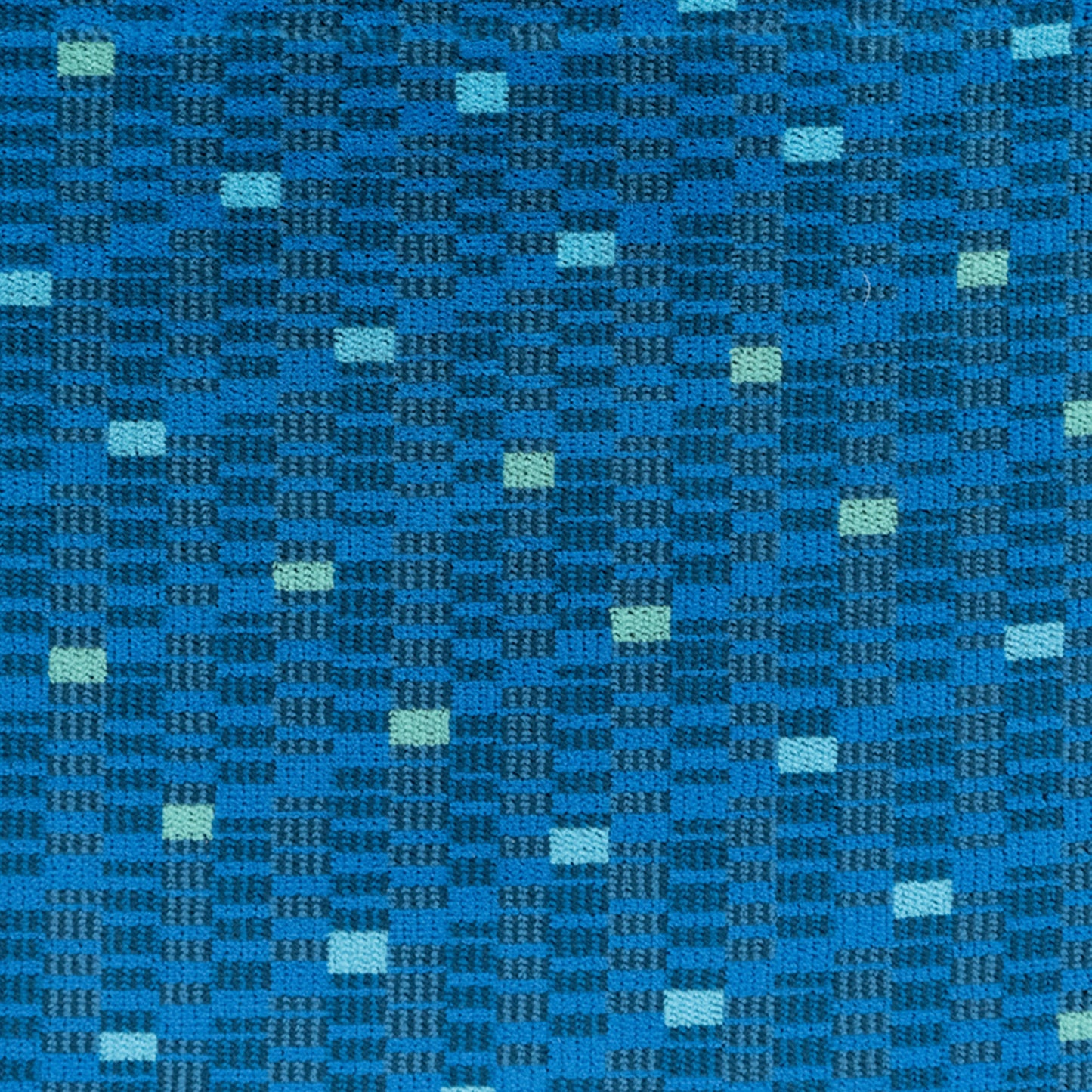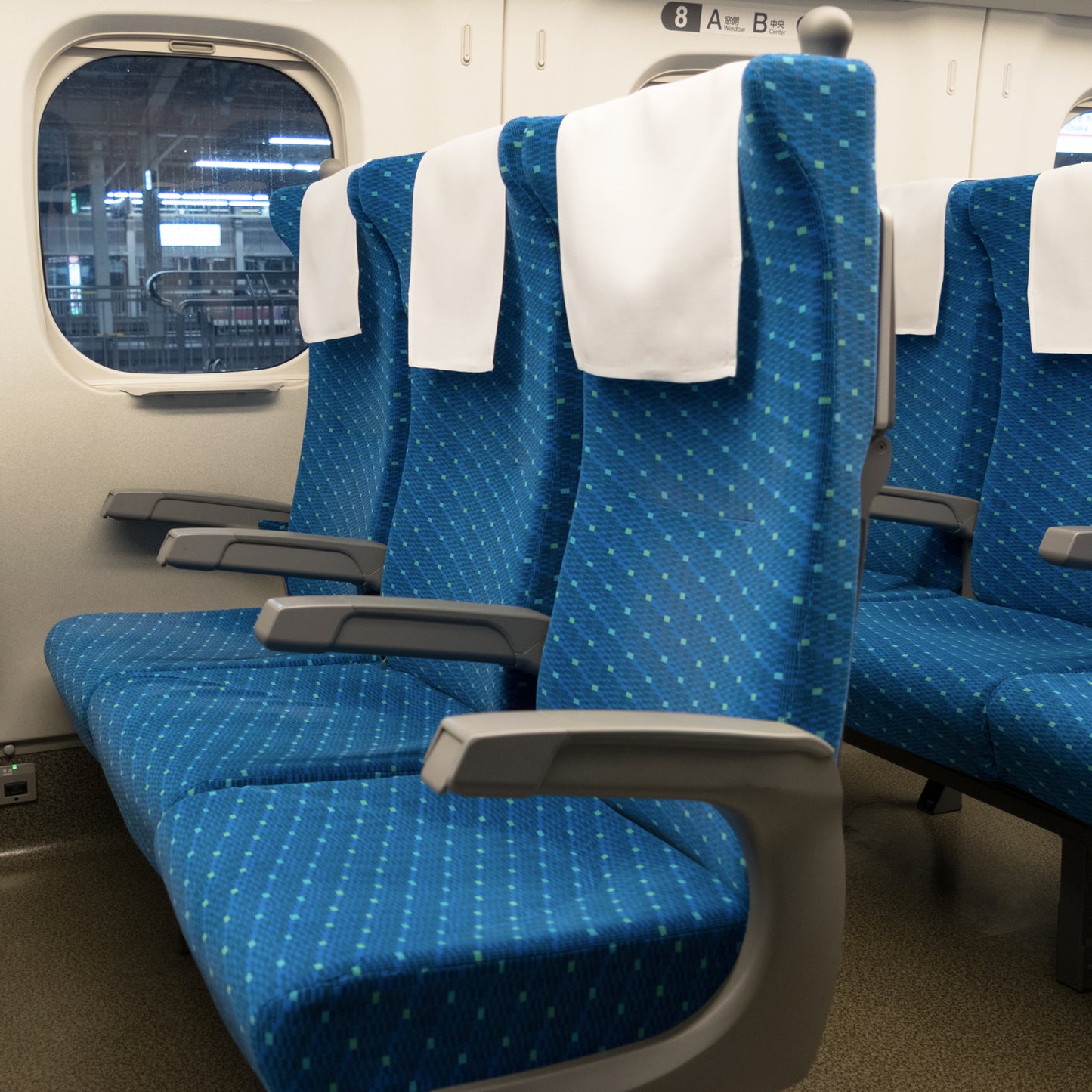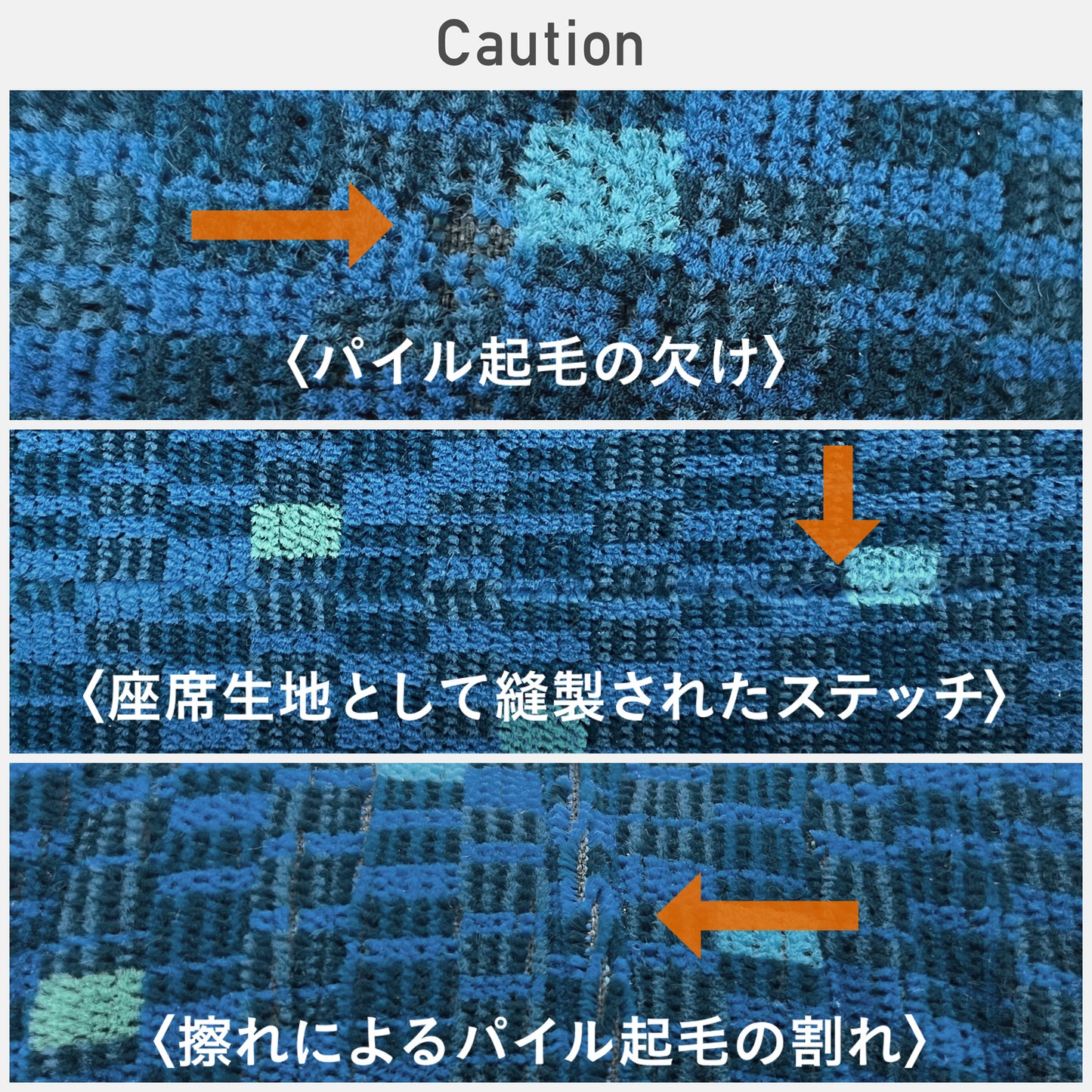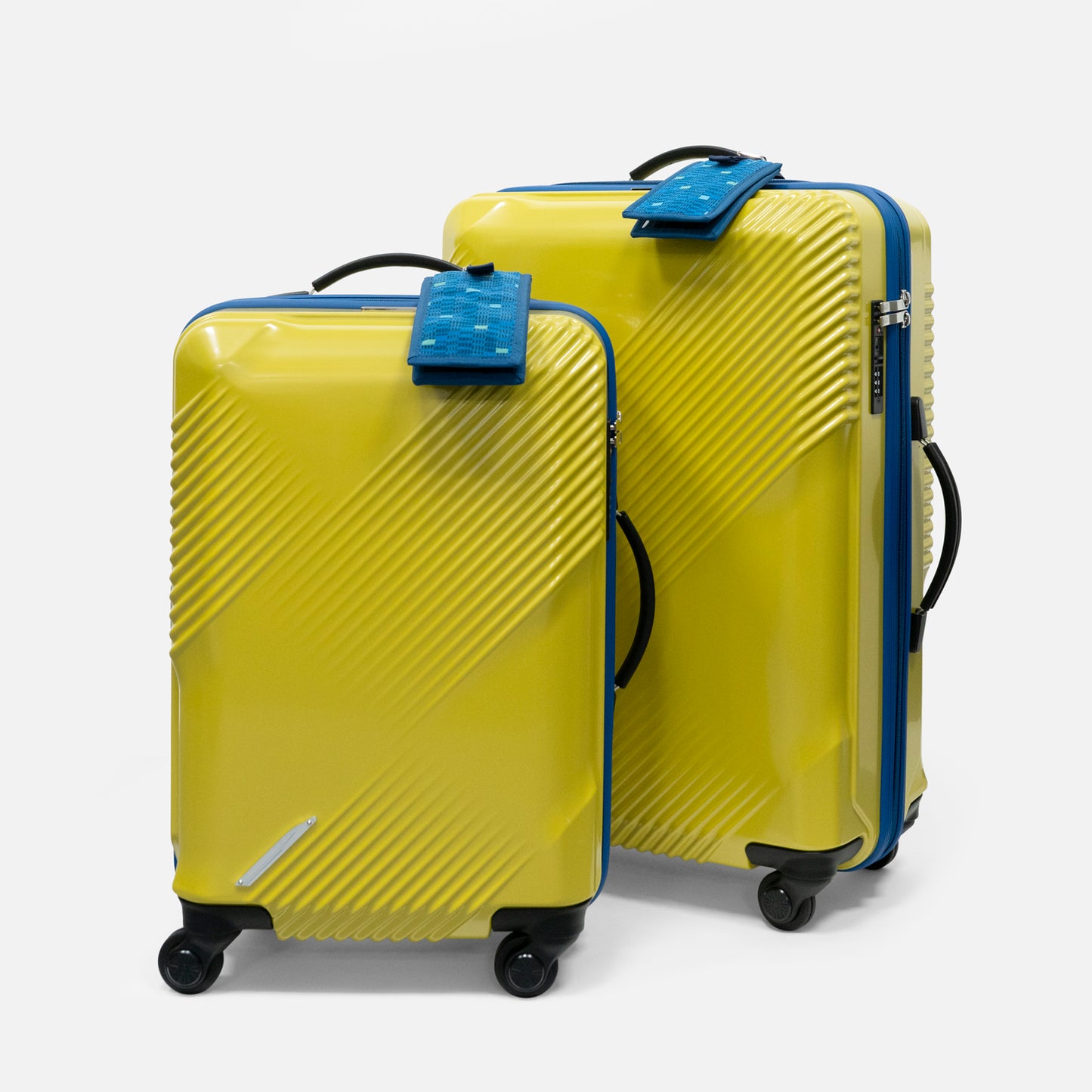
An unprecedented attempt to combine the "windows" of the Tokaido Shinkansen with a suitcase
Share
The material used for the body of the suitcase is polycarbonate , which is durable, shock-resistant, and strong.
In fact, the windows in the ordinary cars of the Tokaido Shinkansen N700 series type A are also made of polycarbonate . Another characteristic of the material is its high transparency .

The window is about 1.7cm thick. It is very sturdy to protect our customers. We made this into pellets and mixed 30% of it into the body of the suitcase , which is the perfect balance to maintain strength .
In order to achieve the best balance between strength and flexibility, we usually blend polycarbonate and ABS resin . This is a unique recipe backed by many years of experience and proven results.

this It took many setbacks and challenges before we finally came to the conclusion that "window composition: 30%"
-----
-An unprecedented attempt to combine the "windows" of the Tokaido Shinkansen with a suitcase-
The body of the suitcase is manufactured using a method called " vacuum molding ." A thermoplastic resin sheet (polycarbonate) is heated and softened, and the sheet is then attached to a mold.

On the other hand, the windows of the Tokaido Shinkansen N700 series type A ordinary cars are very thick and hard to maintain transparency so that the scenery can be seen and to protect passengers. Even though they are both made of "polycarbonate," the handling method is completely different . Therefore, it was necessary to investigate whether the composition was suitable for processing the shape of a suitcase.

However, the Tokaido Shinkansen is a masterpiece that can be said to be the culmination of Japan's proud technological prowess. Therefore, its structure and parts are classified as " classified information ," making it extremely difficult to learn the details.
The development and manufacturing departments came together and got the project underway. This was the beginning of ACE LUGGAGE's difficult times.
-An unexpected disaster in the first challenge-

The first step was to create a mixture that was 50% window pellets, with the remaining 50% being made up of polycarbonate , ABS resin , and a coloring material called masterbatch, which are normally used in the production of suitcase bodies.
First, we tried a temperature above 200°C , which is the proven standard value for body manufacturing.
And then...

It becomes a sludgy mess without retaining its shape.
"Stop! Stop it!!" The scene was in uproar, and an emergency stop was immediately made. The workers stood there in shock, facing a sight they had never seen before. An oppressive silence, a mixture of tension and disappointment, fell over them.
We had to do something... In the midst of this urgent situation, with few clues, we proceeded to identify the cause. We considered every possibility and tried again and again, fine-tuning the heating temperature of the material and the temperature settings of the machine .

- ATI Ace Quality Control Laboratory, a barrier standing in our way -

The ATI Ace Quality Control Laboratory plays an important role as the foundation for developing high-quality products. Using its own strict quality control standards, the laboratory carries out tests tailored to the characteristics of the products, such as verifying the strength and durability of new products and parts , and verifying the actual usage scenarios, and collects data.
This time, the basic test items
Approximately 4 hours of endurance running /caster running test
3.3m diameter giant drum rotation /fall test
Drop impact test: crashing from a height of 120cm onto the floor
5000 quick pull-ups /handle strength test
The results were...

defeat.
When loads are applied from multiple directions, flexibility is key. To protect passengers, the windows of the Tokaido Shinkansen are made of a material that is too hard to absorb shocks, and it was discovered that this material was not suitable for use in suitcases.
Additionally, the color will need to be fine-tuned as it will reflect the greenish tint of the window itself.

From here on, we will use our extensive experience and accumulated knowledge to find the best balance that will maintain the suitcase's strength .
We repeatedly verified the mixture ratio of each material, adjusted the thickness and temperature during sheet processing and body vacuum molding, and other processes to find the optimal structural design with the necessary strength balance for a suitcase. We finally arrived at the answer of 30% window ratio , and the suitcase was completed.





































